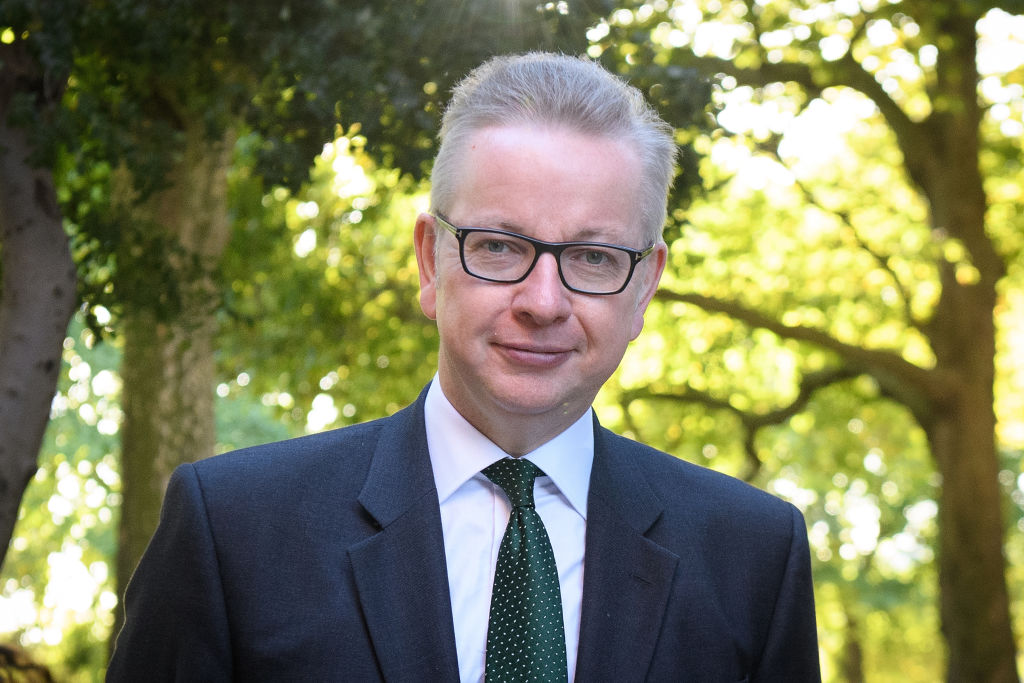The Times‘ Matt Chorley has succeeded in getting everyone talking with his story about Michael Gove supposedly using cabinet meeting to audition for the role of chancellor. Gove reportedly talked about ‘the obscure Markets in Financial Instruments Directives’ two weeks ago and has cabinet sources complaining that at this week’s meeting he used ‘lots of long, economicky words’.
So, what were those ‘long, economicky words’? Well, according to one cabinet minister present, Gove talked about Schumpeter and creative destruction and raised the question of whether the Bank of England’s monetary policy was creating zombie companies. The argument is fairly simple: if interest rates are so low, a flood of borrowed money distorts the economy by propping up inefficient companies hogging resources that could be more productively deployed elsewhere. At a time when everyone’s moaning about the UK’s productivity levels, there is, surely, a discussion to be had about whether rock-bottom interest rates are contributing to this problem.
Monetary policy hasn’t been normal for a decade now and the cabinet should be talking about what the consequences of that are, and whether there is anything that government should be doing to address them. Central bank independence doesn’t mean that government must be blind to the effect that the Bank of England’s actions are having. Equally, creative destruction is one of the most important concepts in economics. If anyone in the cabinet doesn’t know what it is you have to question what they are doing sitting round that table.
Any cabinet minister who doesn’t know what MIFID (Markets in Financial Instruments Directive) is, should go away and do some reading. MIFID – and MIFID II – which deal with equivalence and financial services, is hardly obscure and is a crucial part of the Brexit negotiations. If the EU deemed the UK as having an equivalent set of financial regulations under MIFID II (which comes into force next year), it would make it significantly easier for the City to have fairly smooth access to the European financial services market after Brexit.
Those who complained about Gove using ‘long, economicky words’ should go away and have a long think (or, perhaps, a long read). Cabinet should be where the most crucial decisions that government makes are taken. Brexit means that what the cabinet is agreeing now is particularly important; the decisions taken in the next 18 months will shape this country for decades. Those sitting round that table should be doing everything they can to inform themselves rather than complaining that their colleagues are attempting to raise the level of debate.







Comments